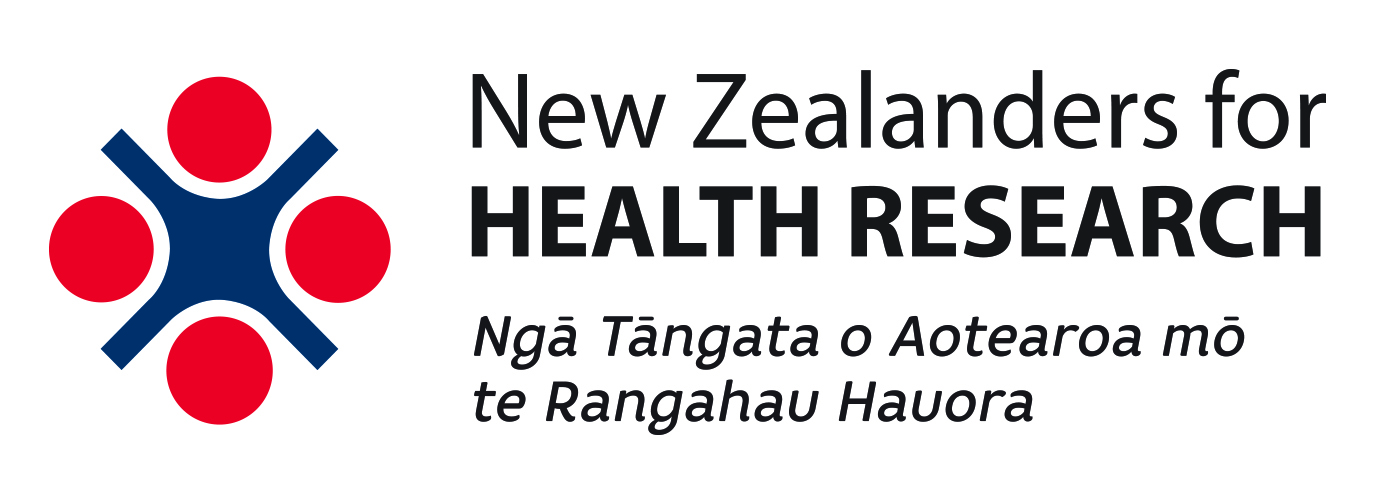Genetically modified organisms and health research
Despite references in the Hazardous Substances and New Organisms (HSNO) Act to “rapid assessment” the reality is that the process of gaining approval to develop and use genetically modified organisms (GMOs) typically takes months. Clinical research organisations which are developing new GMO based therapies for hitherto untreatable or hard to treat conditions, which have secured the funding and specialised research staff to undertake the work, often find themselves in the position of having to “cool their heels” awaiting the outcome of their applications. This delays opportunities for clinical trials patients to potentially benefit from, and in some cases have their lives saved by, the new therapy. It can also be a waste of resources as research staff continue to be paid while awaiting the outcome of the application, but without actually undertaking the research they were hired to do, risking funding running out before the research has been completed.
Parliament’s Environment Committee has called for submissions on the Hazardous Substances and New Organisms (Hazardous Substances Assessments) Amendment Bill, and NZHR has taken this as an opportunity to recommend how such delays could be safely mitigated if the HSNO Amendment Bill were to be amended in respect of both genetic modification of donor cells prior to reinsertion into a patient (such as for CAR T therapy), and genetic modification of foreign organisms into a therapeutic product for human use (such as for vaccine development).
Read NZHR’s submission here

